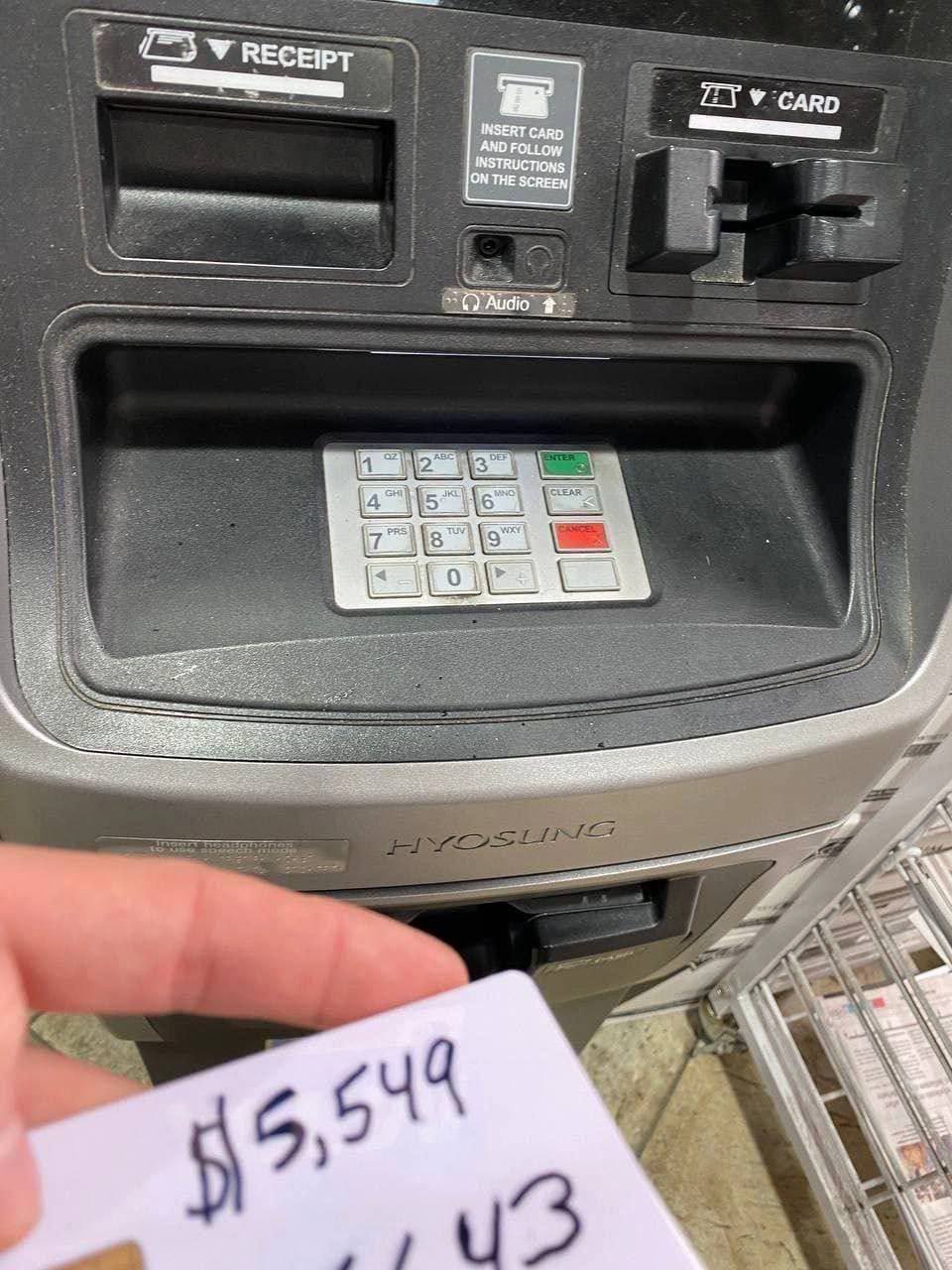A credit card is a financial tool where a bank gives you a loan, known as a credit limit, that you can use for everyday expenses or large purchases. Like traditional loans, a credit limit is subject to interest, known as APR, which is added to your statement if you don’t pay off your balance each month.
Credit cards can be excellent financial tools when used wisely — but before we can get to how to use credit to build a solid financial future, it’s worth taking the time to learn what a credit card is, how a credit card is different from a debit card and how to choose the best credit card for your financial needs.
Different types of credit cards
Want to know more about different types of credit cards and how to choose the best credit card for you? Use Bankrate’s credit card hub to learn more about business credit cards, balance transfer credit cards and all of the other types of credit cards currently available to consumers.
You can then use Bankrate’s CardMatch™ service to find the best credit card for your financial needs, but here is a quick run down:
| TYPE OF CREDIT CARD | WHAT IT OFFERS |
|---|---|
| Rewards credit card | Earn rewards on purchases |
| Cash back credit card | Earn cash back rewards on purchases |
| Flat-rate cash back credit card | Earn a fixed percentage of cash back rewards on all purchases |
| Bonus category cash back credit card | Earn higher percentage of cash back rewards on certain categories of purchases (such as groceries or gas) |
| Travel credit card | Earn bonus rewards on travel purchases; increases the value of your rewards when you redeem them for travel purchases |
| Airline credit card | Earn bonus rewards on airline purchases; increases the value of your rewards when you redeem them for airline purchases |
| Hotel credit card | Earn bonus rewards on hotel purchases; increases the value of your rewards when you redeem them for hotel purchases |
| Retail credit card | Earn rewards on purchases made at a specific retailer or discounts associated with that retailer |
| No-annual-fee credit card | Does not charge an annual fee |
| 0% APR credit card | Introductory zero-interest period on purchases or balance transfers |
| Balance transfer credit card | Allows you to transfer a balance from another credit card, often with an introductory zero-interest period |
| Secured credit card | Provides a line of credit in exchange for a refundable security deposit, often used to build a positive credit history or improve a low credit score |
| Business credit card | Designed for small business owners and offers rewards on business expenses |
Pros and cons of using credit cards
Credit cards come with a lot of advantages, but there are a few drawbacks to using credit that you should keep in mind.
In most cases, the negative aspects of credit cards can be avoided by practicing responsible credit habits. If you always make your credit card payments on time, for example, you never have to worry about how a late payment can affect your credit score. If you keep your credit card purchases within your budget, you won’t have to worry about going into credit card debt — or getting out of credit card debt in the future.
Here are some of the biggest pros and cons of using credit:
| PROS | CONS |
|---|---|
| Make purchases now and pay them off later. | Making purchases that you can’t pay off can lead to credit card debt. |
| Earn rewards on everyday expenses. | Learning how to maximize your credit card rewards takes time. |
| Pay off your balance in full, or pay it off over time. | Any balance not paid off in full can accrue interest that compounds daily. |
| Take advantage of money-saving features like 0% intro APR offers on purchases and balance transfers. | If you don’t pay off your balance before a 0% intro APR offer ends, you could get stuck with high interest charges. |
| They’re easy to use and widely accepted. | Certain cards (such as Discover or American Express) might not be accepted by every merchant. |
| Good credit habits help you build a positive credit history and credit score. | Poor credit habits could damage your credit history and lower your credit score. |
| Credit cards can protect against security fraud | A credit card fraud investigation may take up to 90 days to complete. |
How to choose a credit card
How can you choose the best credit card for your financial needs? Start by asking yourself what kind of credit card you’re looking for and how you’re hoping to use it.
What are your typical spending habits?
There are many different types of credit cards, including cash back credit cards, travel credit cards, airline credit cards and hotel credit cards. Most credit cards are defined by the types of rewards they offer — a cash back credit card, for example, offers cash back on every purchase, while a travel credit card offers points or miles that can be redeemed for travel bookings.
If you are interested in earning credit card rewards, take a look at the top rewards credit cards and ask yourself which card might be best for you. Do you want to earn cash back on grocery purchases, or are you more interested in a credit card that rewards online shopping? The more you know about your spending habits, the more likely it is you’ll be able to pick a rewards card that offers high-level credit card rewards on your most frequent purchases.
Are you willing to pay for more perks?
You might also ask yourself whether you want a credit card with no annual fee or whether you’re willing to pay an annual fee for a credit card that offers additional benefits, such as free airport lounge access. Some elite credit cards come with annual fees as high as $550, but cardholders can offset the annual cost by taking advantage of perks like airline fee credits and lucrative sign-up bonuses. It all depends on what you want out of your credit card — and how much you’re willing to pay for it.
How’s your credit score?
Deciding what type of credit card is best for you may also depend on your credit score and previous credit experience. If you have excellent credit, you’ll have access to some of the best credit card offers on the market. If you have no credit or limited credit history, you may need to build your credit with a secured card. If you’ve never applied for a credit card before, you’ll probably want to choose one of the best starter credit cards.
How to use a credit card
Knowing how to choose a credit card is only the first step. Once you’ve successfully applied for a credit card, knowing how to use credit responsibly is one of the best things you can do for your finances, your credit score and your future.
Pay your bill in full and on time
Start by making on-time payments every month. Most credit cards offer a grace period that lets you avoid interest charges if you always pay off your statement balance in full — so keep that in mind as you plan your credit card payments. If you can’t pay off your balance in full, make at least the minimum payment to keep your account — and your credit — in good standing.
Also, consider setting up autopayments to ensure that you never miss a due date.
Make the most of rewards and perks
Make sure you take advantage of all of the rewards and perks offered by your credit card. Remember, your credit card rewards don’t have value until you redeem them. So turn your cash back rewards into statement credits, use your airline miles to book your next flight, and learn how credit card benefits like travel insurance and purchase protection can help you save money and maintain peace of mind.
Avoid overspending
As you make purchases against your new line of credit, try to avoid making charges that you can’t pay off. If your credit card balances start to feel burdensome or insurmountable, it’s time to look into credit card debt repayment strategies that can help you get your finances back on track.
Keep in mind how your credit activity might affect your credit score. Carrying too high of a balance, for example, could have a negative effect on your credit. This is referred to as credit utilization, and it is the ratio of your total credit in relation to your total debt. Many people don’t realize that the amount of money you owe on your credit cards makes up 30 percent of your FICO credit score. So if you max out your credit cards, expect your credit score to take a serious hit. Ideally, you want to keep your credit utilization below 30 percent.
The bottom line
When used responsibly, a credit card can be a powerful financial tool. You can take advantage of the security, flexibility and money-saving rewards that today’s best credit cards can offer.
Once you understand common credit card definitions and know how to choose the best credit card for your financial needs, you can begin using credit to help you achieve your long-term goals.













